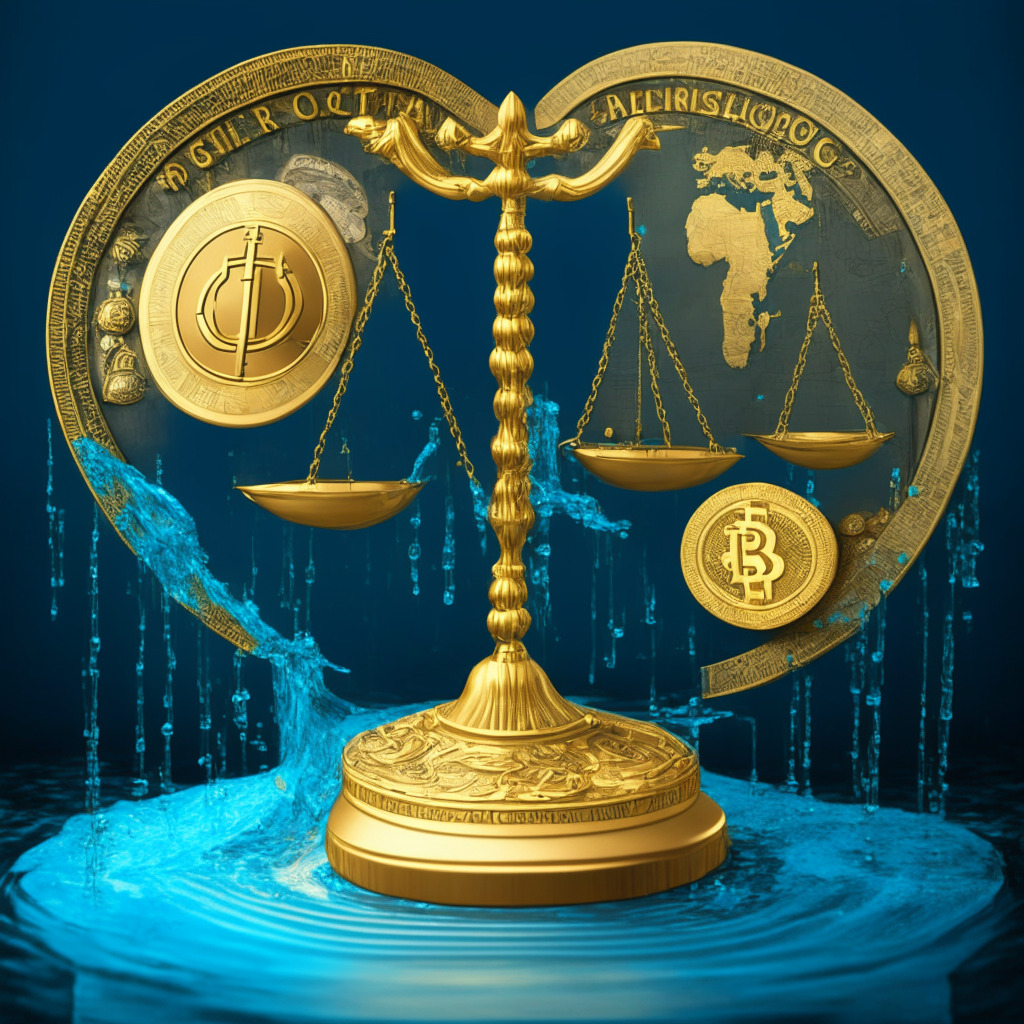In recent weeks, crypto legislation advancements have been rippling through the United States. The House panel approved two bills: the Blockchain Regulatory Certainty Act and the Financial Innovation and Technology for the 21st Century Act. Both acts aim to provide definitive guidelines for crypto firms, but the latter’s attempt to establish the registration requirements for these firms is dividing opinions along party lines. While many laud this clear move towards crypto regulation, others refuse to endorse the proposed Digital Assets Market Structure bill. The challenge remains to strike a balance between fostering technological progression and ensuring investor safety.
As regulation evolves in the US, Worldcoin is facing controversy from critics globally. Known for its human identity verification system, Worldcoin’s public unveiling led to uproar about the project’s data collection practices. However, in a surprising twist of events, the project released an audit report in an attempt to silence its critics. Meanwhile, the UK’s Information Commissioner’s Office and the French National Commission are expressing reservations about their country’s data protection laws surrounding Worldcoin. The interconnectedness of data and financial technology persists as a hot topic in global crypto conversations.
Just as tensions bubble to the surface in Worldcoin’s part of the world, Russia is progressing with its central bank digital currency (CBDC), the digital ruble. This month saw President Vladimir Putin signing the digital ruble bill into law. The currency creates an opportunity for Russians to transition to digital finance, but it’s predicted that mass adoption won’t take place before 2025. With that being said, the digital ruble may just be the frontier of a technological revolution in the Russian economy.
In stark contrast, Binance has pulled its cryptocurrency custody license application in Germany due to regulatory concerns. This move comes following feedback from the German Federal Financial Supervisory Authority. In response, Binance announced that the company would reapply for a license after making changes in line with the current regulatory environment.
In essence, crypto assets and blockchain technologies are continually causing ripples across the globe, whether it’s stirring up controversy, fostering breakthroughs, or setting new trends. But at the heart of these developments is the issue of regulation. The debate remains whether international blockchain regulation can strike a balance between fostering innovation and protecting the public. Despite these regulatory challenges, one thing remains certain– the world of crypto continues to evolve at a breakneck pace.
Source: Cointelegraph




